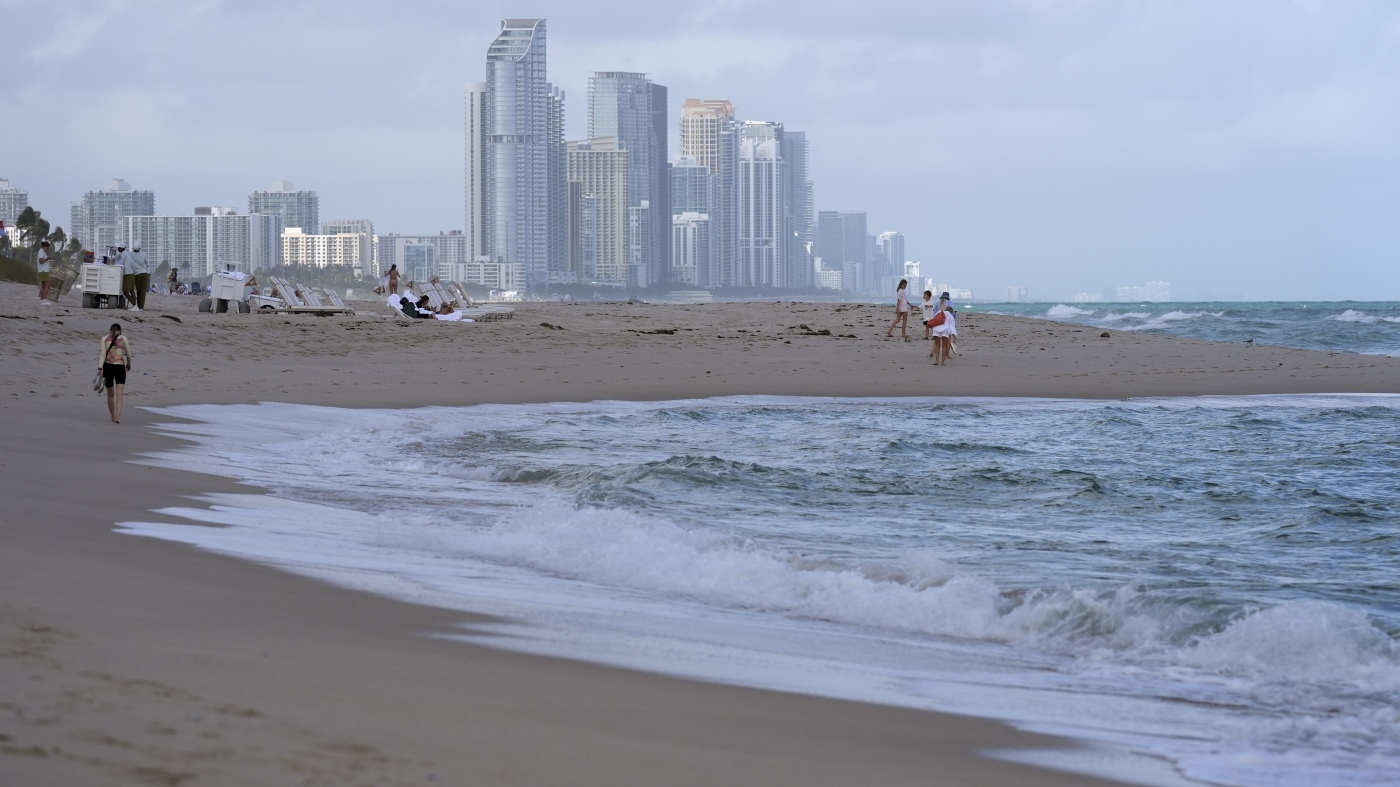“`markdown
The collapse of Champlain Towers South in Surfside, Florida, in 2021 wasn’t just a tragedy—it was a catalyst for change. The disaster exposed critical gaps in condo safety regulations and sparked a legislative overhaul. Now, Florida’s newly passed condo reform bill seeks to reconcile two competing priorities: protecting residents and preventing financial ruin for condo owners. This analysis unpacks the bill’s nuances, its implications, and why it matters for millions of Floridians.
—
The Surfside Wake-Up Call
On June 24, 2021, the partial collapse of the 12-story Champlain Towers South killed 98 people, making it one of the deadliest structural failures in U.S. history. Investigations revealed decades of deferred maintenance, inadequate reserve funds, and lax inspection protocols. The tragedy forced Florida to confront a harsh reality: its aging condo infrastructure was a ticking time bomb.
In 2022, the state enacted sweeping mandates, including:
– Mandatory milestone inspections for buildings over 30 years old (25 years in coastal areas).
– Increased reserve funding requirements for structural repairs.
– Strict deadlines for compliance.
While well-intentioned, these measures had unintended consequences. Condo fees skyrocketed, special assessments burdened owners, and some residents faced financial distress. The reform bill aims to recalibrate these measures without compromising safety.
—
Key Changes in the Reform Bill
1. Financial Relief for Condo Associations
The bill grants condo boards greater flexibility to manage reserves:
– No-owner-vote investments: Associations can now invest reserve funds (e.g., in bonds or low-risk instruments) without unit owner approval, potentially generating income to offset costs.
– Alternative funding options: Loans and lines of credit can now count toward reserve requirements, easing cash flow pressures.
– Online voting: Streamlined decision-making reduces bureaucratic delays.
*Why it matters*: Many condo associations struggled to meet 2022’s reserve mandates, leading to panic assessments. This change offers breathing room while ensuring funds remain available for repairs.
2. Adjusted Inspection Timelines
The bill clarifies deadlines for:
– Milestone inspections: Extends some deadlines for older buildings, allowing phased compliance.
– Reserve studies: Requires updates every 10 years (instead of 5) for stable buildings, reducing redundant costs.
*The balance*: Safety isn’t compromised—inspections remain mandatory—but the timeline is more pragmatic for financially strained associations.
3. Softened Reserve Rules
– Waivers allowed: Associations can vote to partially waive reserve funding for non-critical repairs (e.g., cosmetic updates), though structural reserves remain untouchable.
– Grandfathering: Older buildings with approved repair plans get more time to comply.
*Controversy*: Critics argue this could lead to renewed neglect, but proponents insist it prevents bankruptcies.
—
The Legislative Tightrope
Passing the bill required reconciling two opposing views:
– Safety advocates pushed for stricter rules to prevent another Surfside.
– Affordability champions warned of a condo market collapse under financial strain.
The compromise? A hybrid of Senate and House proposals, blending safety mandates with cost-saving measures. For example:
– The Senate’s push for state-backed low-interest loans for repairs was included.
– The House’s online voting provision survived negotiations.
Governor DeSantis is expected to sign the bill into law by July 1, 2024, with immediate effect.
—
What This Means for Florida’s Future
For Condo Owners
– Lower fees: Reduced reserve demands could stabilize monthly costs.
– Fewer special assessments: Flexible funding options may prevent sudden financial shocks.
– Increased transparency: Online voting and clearer inspection rules empower owners.
For the Housing Market
– Stabilization: The bill may halt the exodus of owners fleeing unaffordable fees.
– Developer impact: New constructions might face stricter pre-approval checks to avoid future liabilities.
Potential Pitfalls
– Underfunding risks: Looser reserve rules could backfire if associations defer critical repairs.
– Enforcement gaps: Local governments must ensure inspections aren’t delayed indefinitely.
—
Conclusion: A Foundation for Progress
Florida’s condo reform bill isn’t perfect, but it’s a pragmatic step forward. By addressing both safety and affordability, it acknowledges a hard truth: regulations must work in the real world, not just on paper. The legacy of Surfside isn’t just stricter rules—it’s smarter ones. As the bill becomes law, its success will hinge on vigilance: condo boards must resist the temptation to cut corners, and the state must ensure inspections remain rigorous. If balanced correctly, this could be a model for other states grappling with aging infrastructure and rising costs.
For now, Florida’s condo owners can breathe a little easier—knowing their homes are safer, and their wallets aren’t being stretched to the breaking point.
“`











